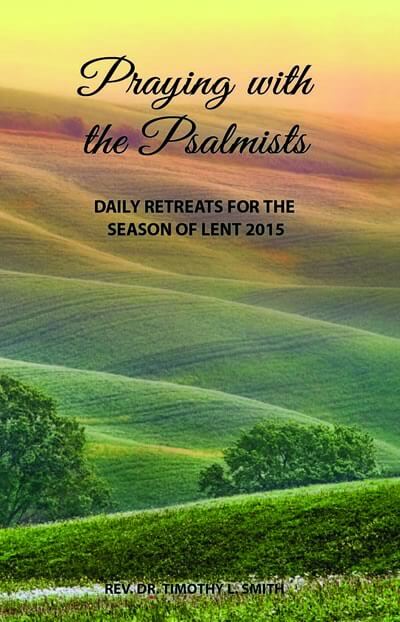 Something To Get Excited About
Something To Get Excited About
When I consider your heavens,
the work of your fingers,
the moon and the stars,
which you have set in place,
what is mankind that you are mindful of them,
human beings that you care for them?
You have made them a little lower than the angels *[a]
and crowned them with glory and honor.
You made them rulers over the works of your hands;
you put everything under their feet.
Psalm 8:3-6
*[a] Or “than God”
In reflecting on this psalm text it is easy to imagine its author David out under the starry sky with his flock. It must have been a breathtaking sight that no modern city dweller has ever seen. Astronomers estimate that on a clear night, and away from artificial light, the naked eye can see about 2,500 stars. As David writes this psalm he is in awe of what he sees, and in awe of the God who could create such a wonder.
Of course, David had no observatory or Hubble Space Telescope to suggest how immense and magnificent God’s universe really is. Scientists now estimate that there are 170 billion galaxies in the observable universe sweeping out over a radius of 45.7 billion light years. That would make about a septillion stars observable to the Hubble Space Telescope:
1,000,000,000,000,000,000,000,000 stars!
Put another way, that is more stars than all the grains of sand on all the deserts and beaches of the earth! (www.spacetelescop.org) This is a vastness known by the Hebrew Scriptures in which the stars are compared to grains of sand (Genesis 22:17). David calls the majestic heavens “the work of God’s fingers” to suggest the ease with which the Lord went about His work of fashioning the cosmos.
Gazing up at the expanse of space stirs in David the lively question: “…what is mankind that you are mindful of them, human beings that you care for them?” This is not some cry of existential anxiety from someone feeling overwhelmingly alone in a vast universe. Rather, this is David’s radical amazement at God’s incomprehensible love in being “mindful of” human beings and showing His “care for them”. If the heavens are so glorious, then how much more glorious are you and I, the creatures in which God delights! It does not seem too small a matter for God to be “mindful” of us and to “care” for us.
At a time when our culture questions what human beings are, and why we exist on this little blue dot in a vast universe, the lines of this psalm are so important. David revels in knowing this about human beings: “You have made them a little lower than the angels…” From the time the Old Testament was first translated into Greek (known as The Septuagint) around 250 B. C., translators have often balked at translating this phrase as David literally wrote it: “You have made them a little lower than God (Hebrew: Elohim). (See the New Revised Standard Version and Revised Standard Version for this more accurate translation of Elohim as “God”)
Like the Creation story in Genesis, David proclaims that God made us in His own image, and a little lower than Himself. Humans are so unique and so extraordinary that God intends to live in us and be our glory. “It is God, not animals, who is man’s closest relative.” (Elmer Martens, God’s Design: A Focus on Old Testament Theology) God designed and made humans to be the expression of His very life and work in the world, “and crowned them with glory and honor”.
That’s something to get excited about! And something to pray and reflect on too!
READ REFLECT RESPOND REST
RECORD (optional)


 Something To Get Excited About
Something To Get Excited About
